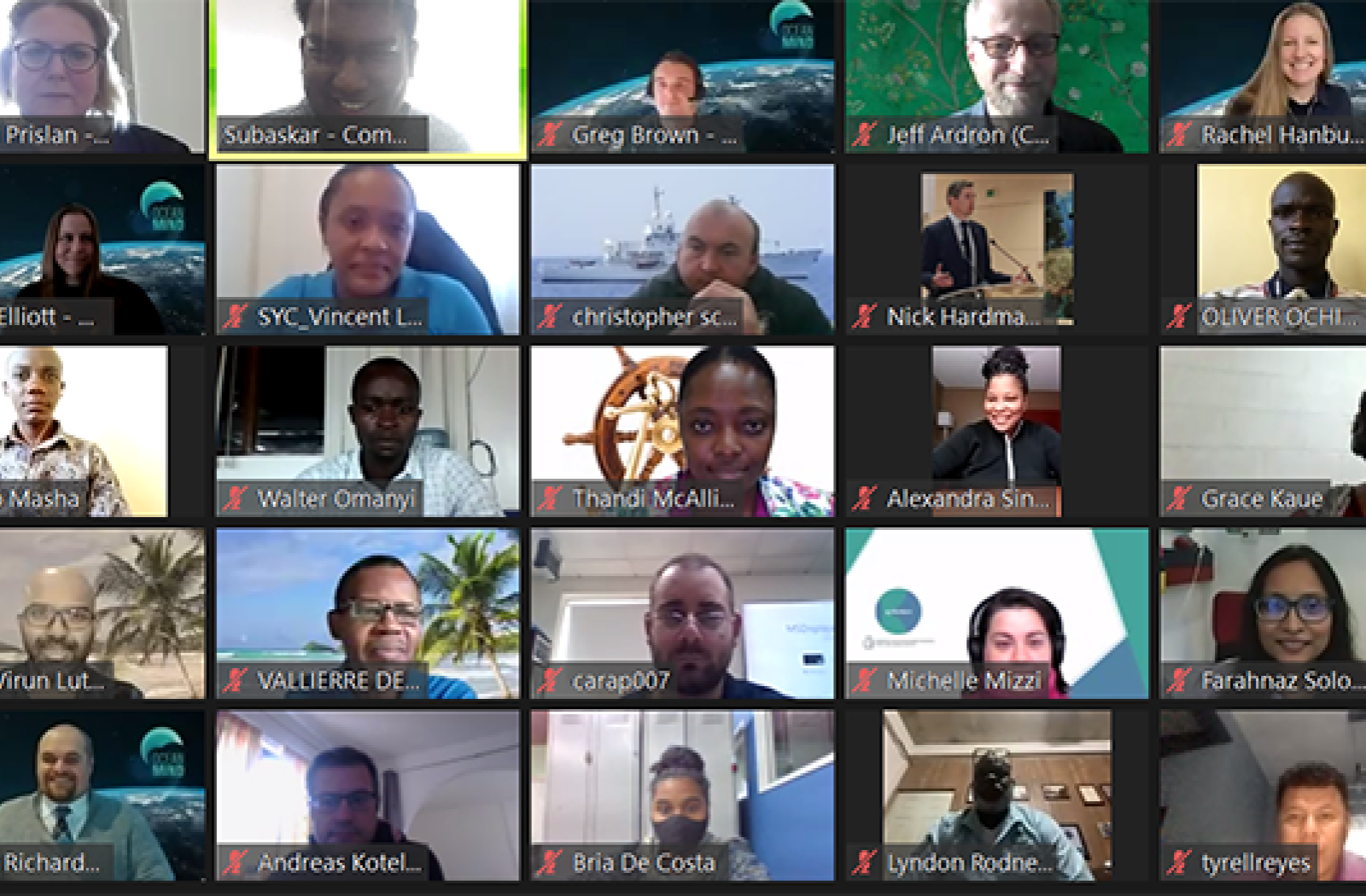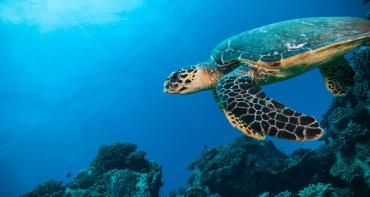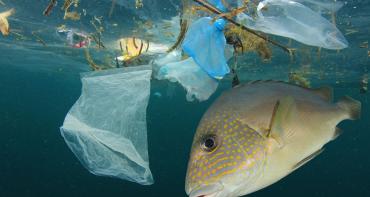Nearly 70 government officials from 16 Commonwealth countries are now equipped with the basic know-how to manage effective compliance in coastal fisheries – a crucial step in protecting the ocean and advancing the blue economy – with support from OceanMind and the Commonwealth Secretariat.

OceanMind, a leading agency in the sector, and the Commonwealth Blue Charter programme, joined forces to deliver an introductory training course about the legal, policy and management elements that ensure coastal fisheries regulations are followed.
The topic is particularly relevant for 47 out of 54 member countries of the Commonwealth which border the ocean. Complying with fisheries regulations helps these ocean-reliant economies protect against overfishing, pollution, habitat destruction, while mitigating the impacts of climate change.
Collaboration
The online course was delivered twice over a four-day period (22-25 November) and included 67 marine professionals from all five regions of the Commonwealth, in multiple time zones. Most participants were based in small states in the Pacific, Caribbean and Africa.
Nick Wise, OceanMind CEO, said: “We are very pleased to have been able to support the international community with this introductory course. The training established a baseline knowledge across various professionals working in the monitoring, control and surveillance sector as well as fisheries managers.
“The feedback we received from participants of the course was invaluable and the knowledge sharing exercises showed that countries throughout the world are dealing with many of the same challenges in their coastal waters. Through collaboration and further engagement, I hope we can continue to support coastal states to meet the challenges of coastal fisheries management, compliance and enforcement.”
Dr Jeff Ardron, programme lead for the Commonwealth Blue Charter, added: “Coastal fisheries feed coastal communities. Establishing better ways to ensure their productivity and good governance will safeguard present and future generations across the Commonwealth. My sincere appreciation to the team at Ocean Mind for sharing its wealth of experience with our Commonwealth Blue Charter members. Next, we will begin to scope out and establish in-country pilot projects.”
Training opportunities
Course participants welcomed the course as “helpful”, “compelling” and “straight to the point”.
One participant from Malta stated: “I found all parts of the course beneficial, especially as it provided a needed refresher on parts… also to hear from other member states on how they tackle fisheries' issues.”
Another from the Seychelles highlighted: “The different views shared by other participants about their respective countries, the videos and case studies which enable me to better understand the different topics covered.”
The course is one of a series of training opportunities offered free of charge to member countries as an activity of the Commonwealth Blue Charter, an agreement by the 54 Commonwealth nations to work together to tackle global ocean challenges. It was made possible with funding from Bloomberg Philanthropies and the Commonwealth Fund for Technical Cooperation.
Media contact
- Josephine Latu-Sanft Senior Communications Officer, Communications Division, Commonwealth Secretariat
- +44 20 7747 6476 | E-mail



